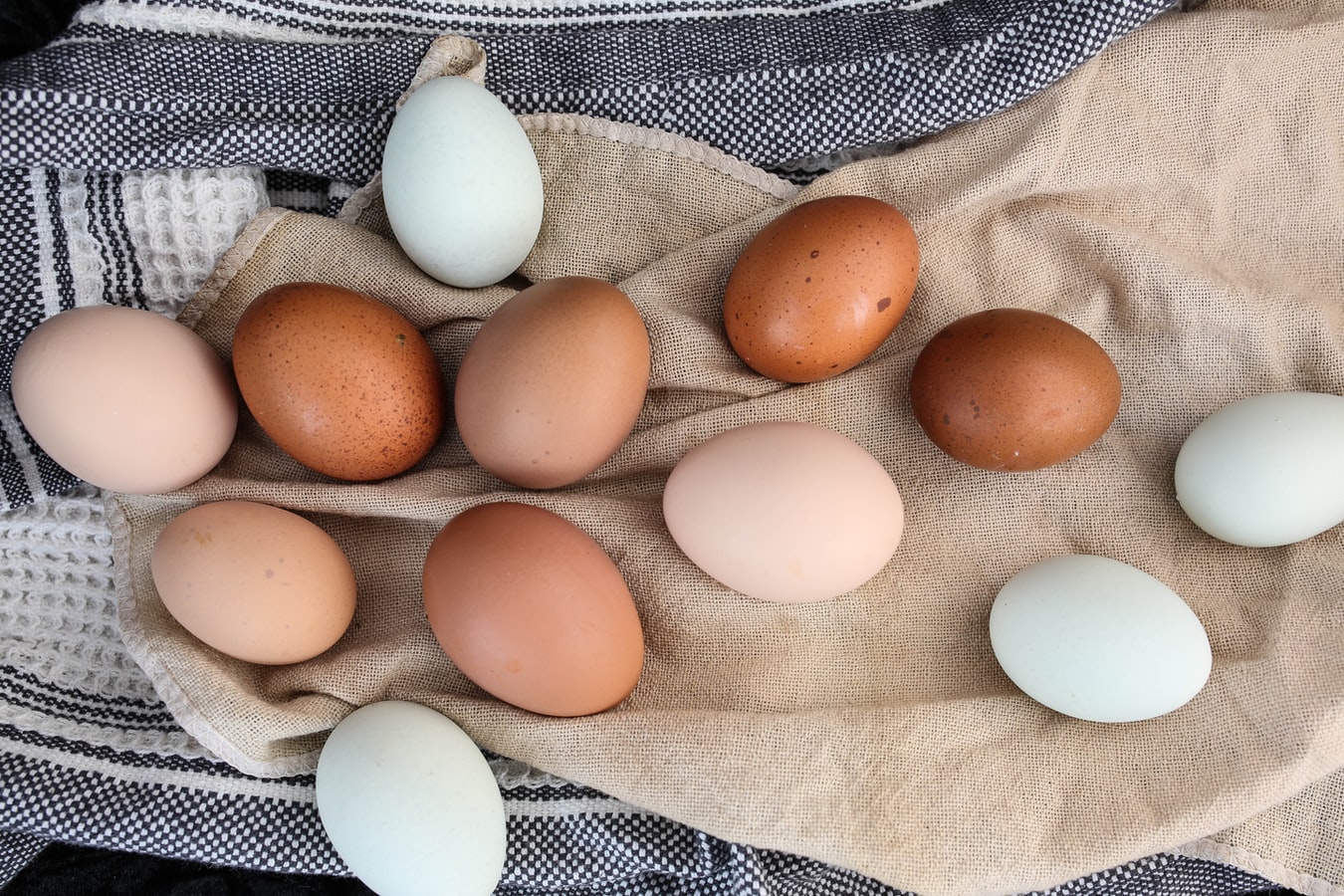Which housing system is more suitable in terms of health and egg quality for indigenous breeds of hens?
Eggs are one of the main animal products and their final quality plays an important role for both producers and consumers. There are many internal and external factors that influence the quality parameters of eggs. Genotype, housing system and age are among the most important. Housing systems are currently a hot topic, especially due to the growing concern of the general public about the welfare of farm animals. Biochemical blood parameters have an impact on the health status of hens and ensuring their good health positively influences the final egg quality.
The Czech Golden Spotted hen and the Oravka hen are Czech and Slovak national breeds that have been bred and reared for centuries. Scientists have chosen these two breeds for their research. They compared the effect that breed, housing and age of the hens can have on blood parameters and the quality of the eggs they lay. The blood parameters monitored triacylglycerides, total cholesterol, aspartate aminotransferase enzyme, total protein, albumin and glucose. In terms of egg quality, they were interested in egg weight and shape, shell hardness and colour, Haugh units (used as an indicator of egg freshness), yolk to white ratio and egg yolk cholesterol content.
The researchers evaluated eggs from 34, 42 and 50-week-old hens raised in enriched cages and those from litter. A total of 132 animals were used in the study, and 60 eggs were collected from each breed for laboratory analysis during the study period. In addition, blood samples from the laying hens themselves were also taken at the same periods.
What did the results show? The most important finding of the study is that litter rearing is better for native breeds of hens in terms of health, stress and egg quality. Specifically, significant differences were found in blood and yolk cholesterol levels between the housing systems. Differences in total blood protein, an indicator of health status, were influenced by the age of the laying hens. For egg quality, the influence of genotype, housing system and age on selected quality parameters was confirmed. For example, the effect of genotype was found for Haugh units, the effect of housing system for shell hardness and thickness, and the effect of age for all observed parameters of white and yolk. The results obtained present an interesting comparison of changes in blood biochemical parameters and egg quality. These factors need to be further investigated, especially in other indigenous breeds where such data are unfortunately often missing.
The complete scientific paper can be found here:
https://www.sciencedirect.com/science/article/pii/S0032579120307926
https://doi.org/10.1016/j.psj.2020.10.039
Kraus, A., Zita, L., Krunt, O., Härtlová, H., & Chmelíková, E. (2021). Determination of selected biochemical parameters in blood serum and egg quality of Czech and Slovak native hens depending on the housing system and hen age. Poultry Science, 100(2), 1142-1153.

